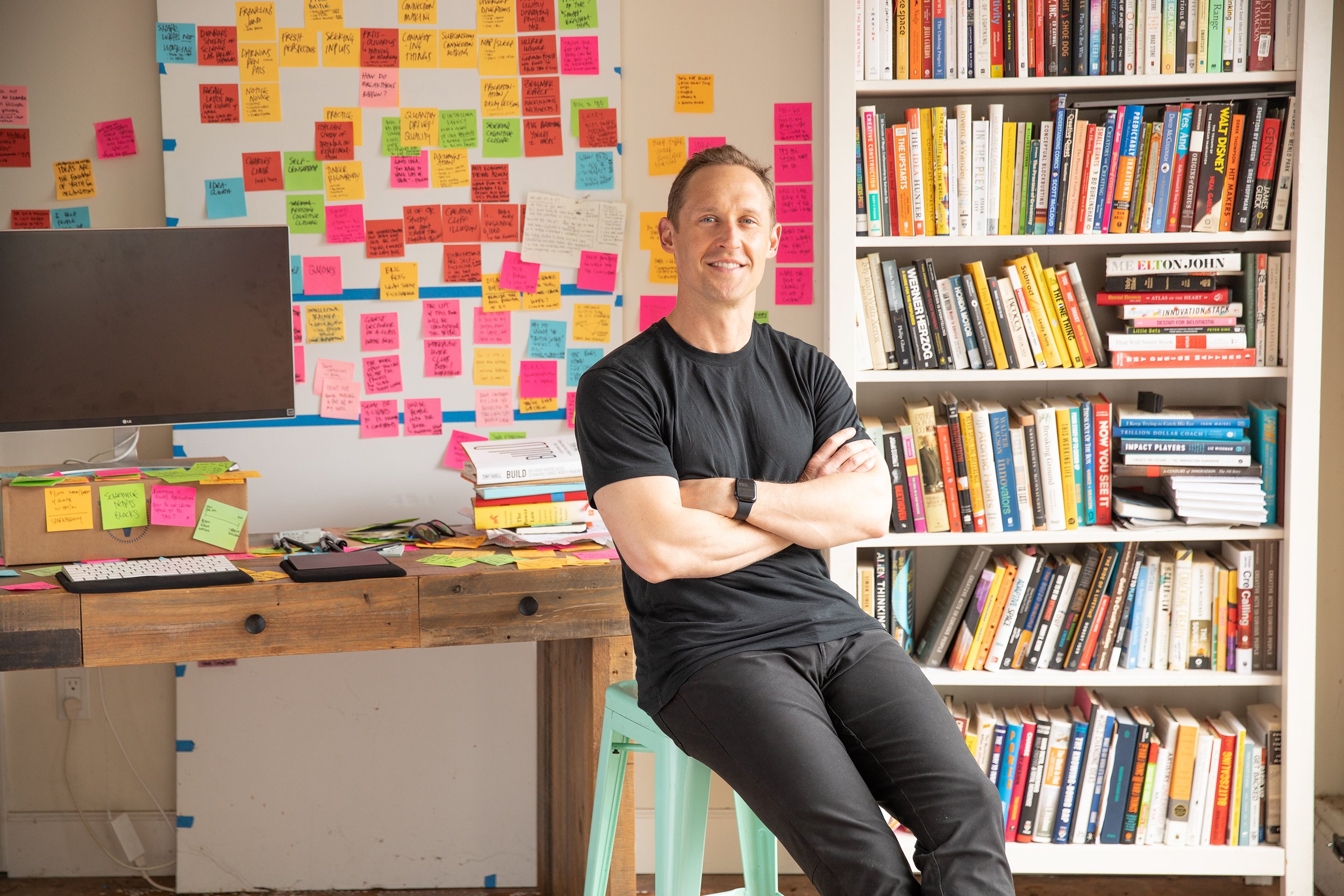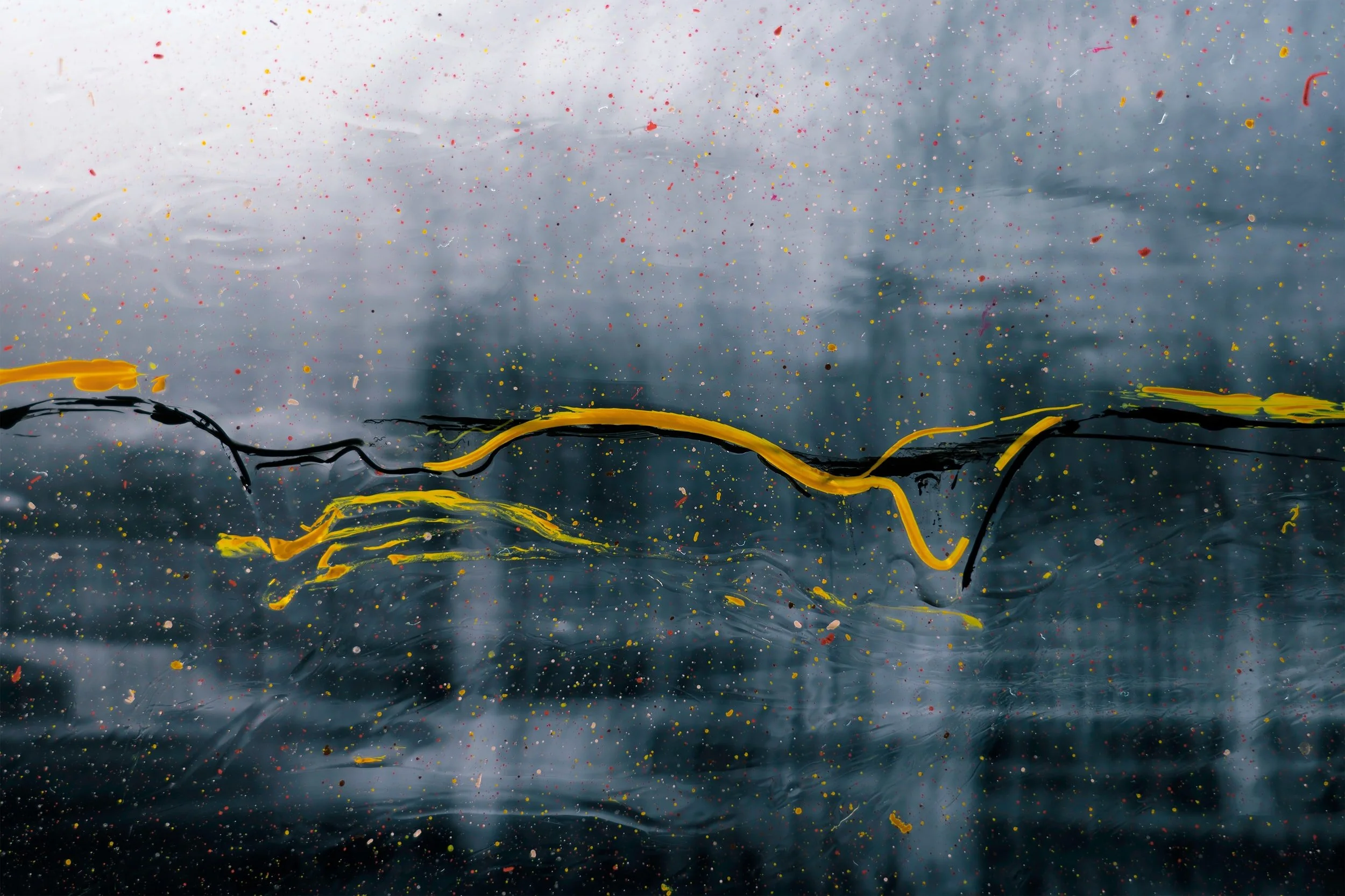
Methods of the Masters
A blog on the art & science of creative action.
Borrow Liberally
Steve Jobs was certainly a believer that “Good artists copy, great artists steal.” He and Bill Gates famously took ideas from Xerox PARC. Here’s one of my favorite examples in that lineage, of Jeff Bezos borrowing from Bill Gates to outstanding effect.
Raise the Bar
A survey of the recent history of corporate innovation reveals how consistently world-class talent is a key differentiator. From AT&T’s famed Bell Labs, to Xerox’s legendary PARC facility, to Lockheed Martin’s acclaimed Skunk Works shop, what set these units apart was their insistence on hiring the very best talent in their field. Every organization wants to hire the best talent, yet few take pains to ensure that their hiring process is delivers the best results.
Look In The Mirror
Today's post comes from Richard Wilding, the founder and owner of WMW, a creative agency which likes to pick fights with complexity at work. He's just written the UK Government's narrative for tech founders to set up, scale up and stay in the UK.
Turn Work Down
This thought-provoking piece is from my favorite NY’er, LaToya Jordan, Founder and Chief Consultant of Lead By Design Lab, a consulting practice designed to support leaders in unique, human-centric ways through leadership coaching, team development, and organizational effectiveness.
Decelerate
This counter-intuitive gem comes from Kim Scott’s experience writing the breakthrough book “Radical Candor,” having led transformation initiatives at Apple, Google, and Twitter.
Crash Your Confidence
This important insight comes from Dr. Kathryn Segovia’s vast experience leading Learning Experience Design for Executive Education at the Stanford d.school.
Humble Yourself
This piece comes from my good friend Bill Pacheco, former design leader at Cybex and Keurig Dr Pepper, and currently Senior Innovation and Design Thinking Fellow at Trinity College.
Don’t Neglect Reflection
This terrific insight comes from my good friend Dr. Leticia Britos Cavagnaro, Co-Founder and Co-Director of the d.school’s University Innovation Fellows program.
Write Your Project’s Obituary
This insightful approach comes from my good friend Marcus Hollinger, SVP of Marketing at Reach Records and the Head of Marketing at Portrait Coffee (no big deal…).
Generate Bad Ideas
Second City has launched the careers of Stephen Colbert, Tina Fey, Steve Carell, Adam McKay, Seth Meyers, and Amy Poehler, just to name a few. They’re masters at the art of ideation and experimentation. When they’re developing their shows, one of the most dependable tactics they employ is known as “Taboo Day.”
Carry A Notebook
It’s astounding to me how many of the most prolific individuals across history have been fastidious about capturing ideas. “That’s all well and good for those creative, artsy types,” one might reply. “But I’m a hedge fund manager.” Not so fast, my friend. I happened across a fantastic detail about a famous hedge fund manager, a guy named Jeff Bezos…
Preserve A Little Slack
By now, you’ve probably heard about Beeple’s record-shattering sale of “Everydays” for over $69 million. But do you know how the sale came to pass? Perry and I had an opportunity to talk to the team inside Christie’s who pulled off the landmark transaction…
Involve Yourself In Folly
Ato Essandoh is a New York-based actor and the co-host of the podcast Radio Zamunda. I was instantly drawn to his warm, openness, and curiosity. He told me about his regular Friday night gatherings of artists and friends in New York. They often challenge themselves to make something together, without regard for the final product: “It's OK if it looks like we made a mistake…”
Reframe the Objective
My friend and mentor Bernie Roth teaches a classic tool called “Reframing” in our Transformative Design class at Stanford. It goes something like this: 1) what’s something you’re stuck on? (could be a challenge, an objective, a question, a goal, an unknown, etc) 2) what would it do for you if you were no longer stuck? (what would the impact be?)…
Don’t Be Efficient
If you’re exploring, efficiency shouldn’t be your goal. Efficiency is for black belts; it is not for special operations. Exploration, by definition, is not efficient. As Paul Graham has famously said, “Do Things That Don’t Scale.” But if you’re not careful, the conditioning of the efficiency-oriented part of the organization will influence your objectives.
Don’t Clean Up
“Both Alexander Calder and Pablo Picasso filled their studios with a chaotic jumble of objects that ranged from fine art to salvaged junk. While some objects served purely as sources of inspiration, others were utilized as materials for their sculptures. Calder’s biographer observed: ‘The studio was a sacred dumping ground, from which new inventions emerged in unexpected ways.’”
Amplify the Urgency of New
Block time to commission and review experiments because routine responsibilities are constantly calling, and so the “new” has a tendency to get pushed to the fringes. It’s very easy to deprioritize an uncertain new thing in the light of a certain fire drill.
Count Funds Not Deployed
We spend so much time talking about the merits of new ideas, and the potential gains associated with them, that it’s easy to forget the impact of the conviction to NOT do something. But those are equally valuable insights! My feeling is that those points belong on the scoreboard every bit as much as the data that suggests “success.”
Question Your Assumptions
“Ever since then, I try to question things that seem, on the surface, to be obvious. Most things are, but occasionally when things don’t add up, there is usually an innocent looking, perfectly reasonable assumption that is wrong. And when you explore and poke around in corners where no one is looking, you’ll find the answers…”
Judge Experiments Before Ideas
Does your idea stink if you design an experimental offer and no one takes you up on it? It’s entirely possible. But before you judge the idea, you should judge the experiment. A classic pitfall that trips innovation teams up, that keeps them from learning about the quality of their ideas: poorly designed experiments.




















